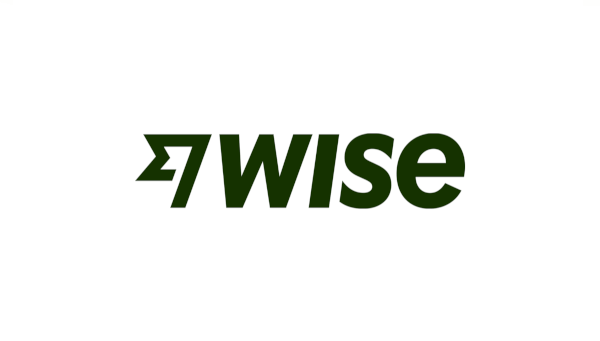What are the weakest currencies in the world? (2024)
The weakest currency in the world might not be the one you think it is. Discover the 10 weakest global currencies and our guide to each of them.

####The impact on the financial sector: the democratisation of finance
_Chapter 5 of 5. Read the full report here.
As the existing banking model is unbundled, everything about our financial services experience will change. In five - ten years, the industry will look fundamentally different. There will be a host of new providers and innovative new services. Some banks will take digital transformation seriously, others will buy their way into the future by taking over challengers and some will lose out. Some segments will be almost universally controlled by non-banks; other segments will be better within the structural advantages of a bank. Across the board, consumers will benefit as players will compete on innovation and customer experience.
The most important result will be the true democratisation of finance. The nature of the current “bundled” model of banking is fundamentally unfair. The costs of the system and the profits of the banks are overwhelmingly accrued from fees and charges that hit the poorest hardest. International payments are a prime example. A large proportion of those making transfers are those to whom the average 7.68% cost is a huge burden.
The true change in this sector is not down to new technology, but to the change in the business model that technology can effect. The role that robo-advisors are playing within the system is, effectively, to provide high quality professional investment management at a fraction of the cost, greatly extending the provision of what was once a service banks only offered to the financial elite. Small businesses are able to access credit that was previously available only to their larger peers. In payments, Wise is able to offer pricing to customers that was really only achievable to the very wealthy who would be able to leverage relationships to get the real exchange rate from their banks. This will continue. Personal capital will be made to work much more efficiently.
As fintech extends opportunity and drives change, the end result will be the extension of financial opportunity to many more people. The fees charged will no longer be disproportionate to the service and savings and investments will accrue better returns for the people that hold them. In 2013, over $15 trillion was invested in the US in mutual funds. The average stock market return that years was around 20%. If the 2.1% of returns currently lost in investment management, for example, were returned to individual investors that would theoretically equate to more than $60 billion of improved returns for consumers.
According to the World Bank, the fall in the cost of sending international payments over the last five years, driven by the entrance of new, cheaper alternatives, has already saved customers more than $60 billion since 2010.
The monopolistic environment created by the banks made it difficult for challengers to enter the market. As a result, the early disruptors in financial services had to introduce greater transparency in order to compete.
With greater transparency comes greater freedom and greater choice. This has set the wheels in motion for a revolution in the sector. In five years’ time, the sector will see increased competition and better alternatives.
In ten years’ time, it will have transformed and the balance of power within the relationship between the consumer and the providers of financial services will have fundamentally changed.
####Read the full report:
*Please see terms of use and product availability for your region or visit Wise fees and pricing for the most up to date pricing and fee information.
This publication is provided for general information purposes and does not constitute legal, tax or other professional advice from Wise Payments Limited or its subsidiaries and its affiliates, and it is not intended as a substitute for obtaining advice from a financial advisor or any other professional.
We make no representations, warranties or guarantees, whether expressed or implied, that the content in the publication is accurate, complete or up to date.

The weakest currency in the world might not be the one you think it is. Discover the 10 weakest global currencies and our guide to each of them.

The strongest currency in the world might not be the one you think it is. Discover the top 10 global currencies right now (plus a few more) and guides to each.

If you bank with Chase UK®¹ and you’re worried about the security of your payment card, you’ll be looking for quick and convenient ways to cancel a Chase card...

If you’re planning a holiday or business trip, you’ll need to work out the cost of spending in a different currency. Many people these days choose to spend on...

Looking for Christmas savings tips? You’re in the right place. As the costs of living increase, and rising interest rates push up mortgage repayments for many...

For customers of Wise Payments Ltd, sending or holding money in the Wise account, we safeguard it in keeping with Wise’s regulatory obligations in the UK. We...